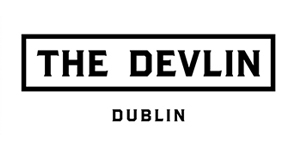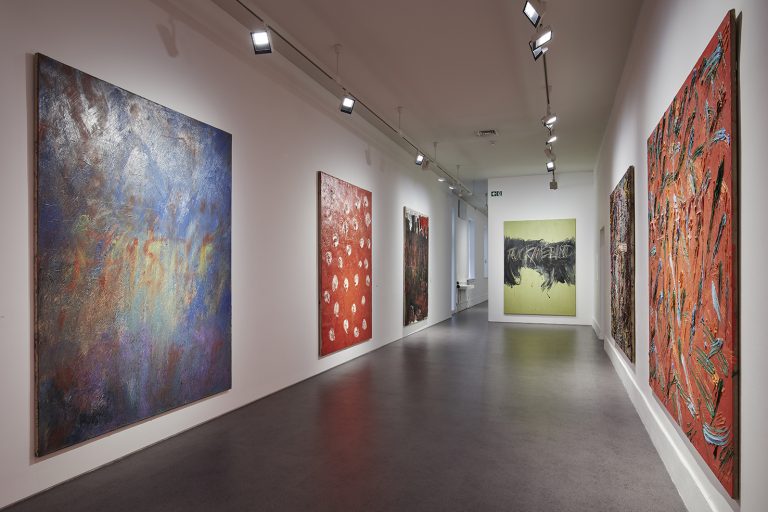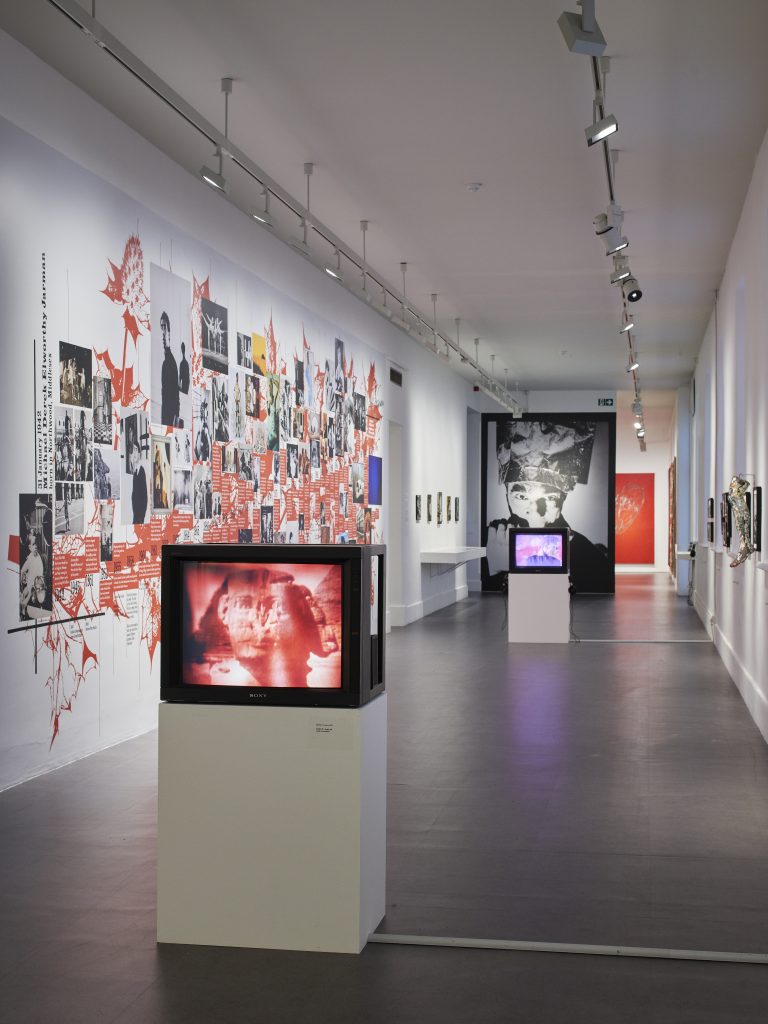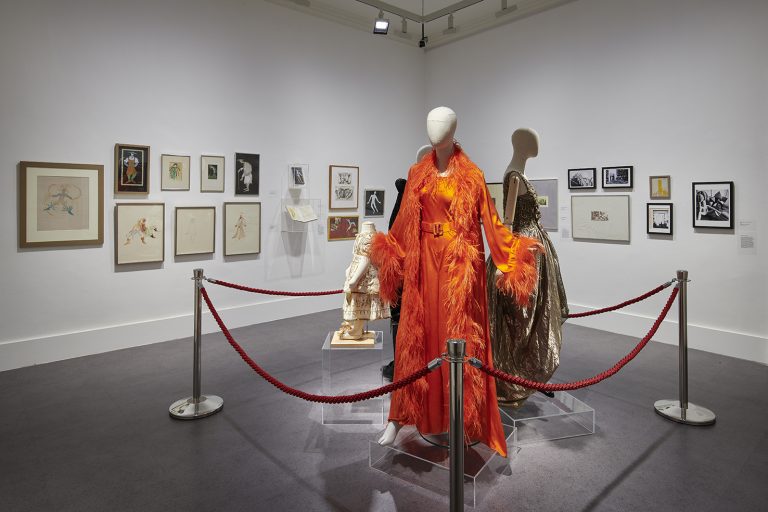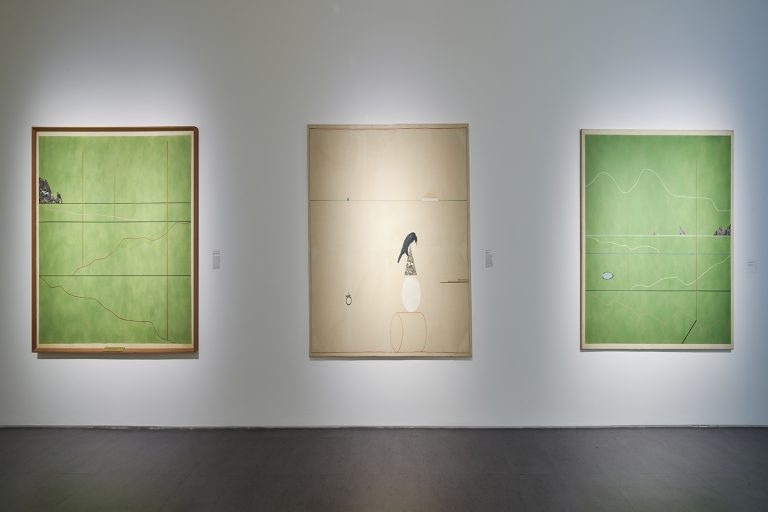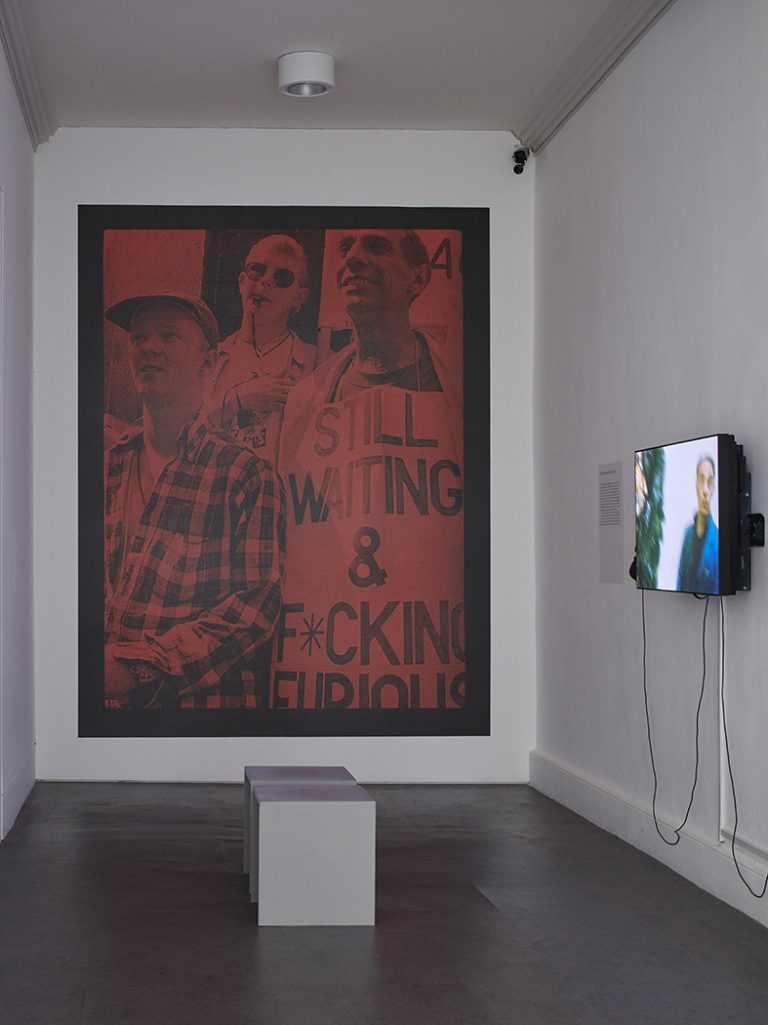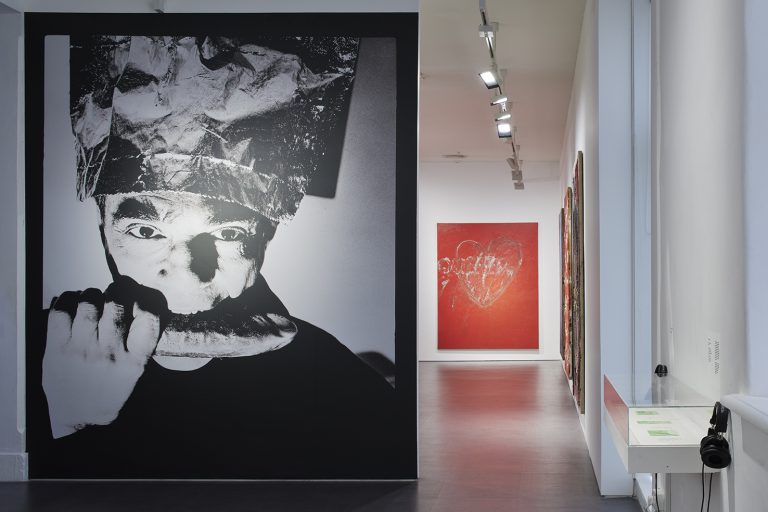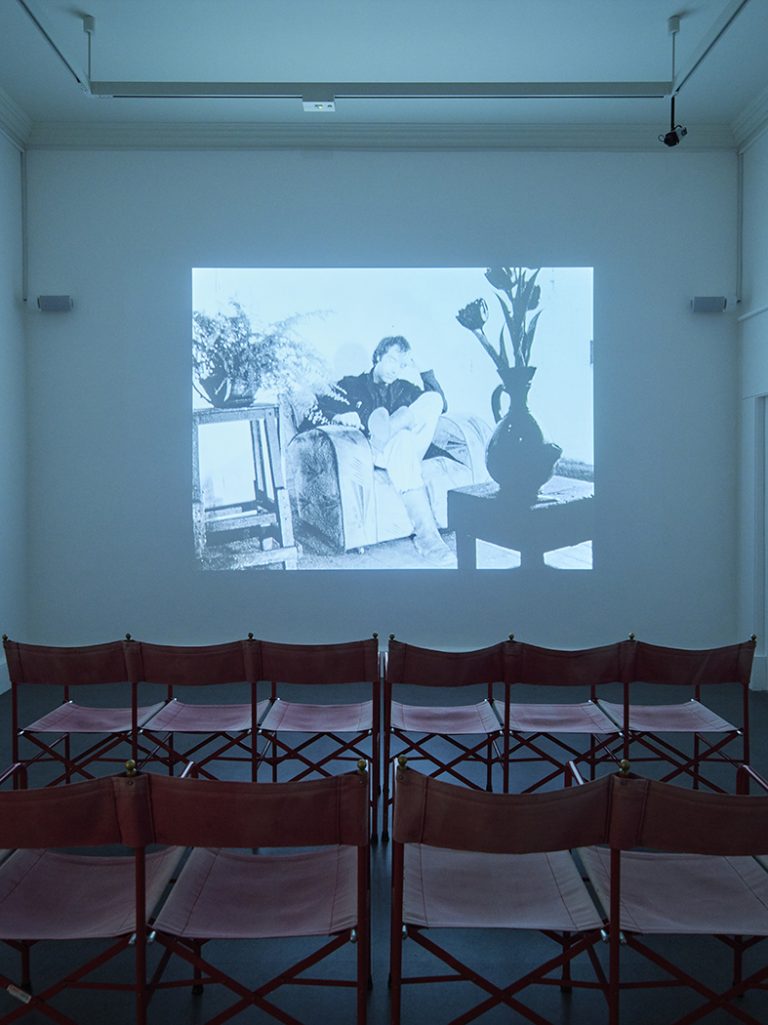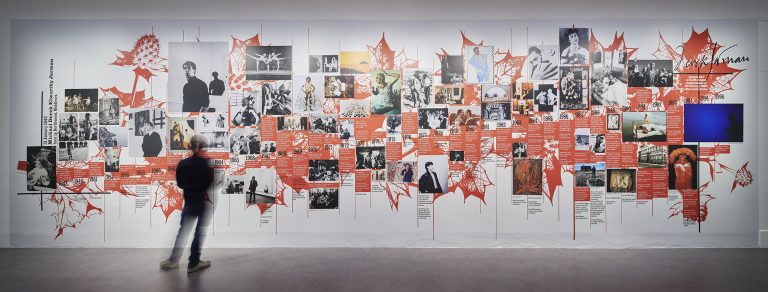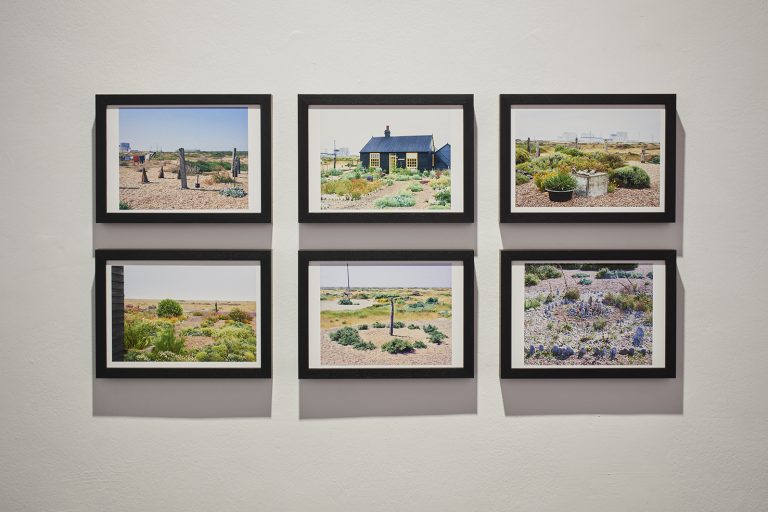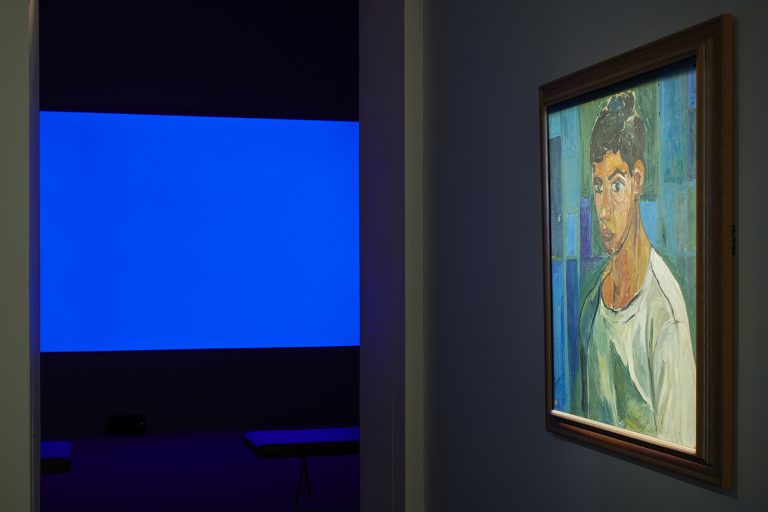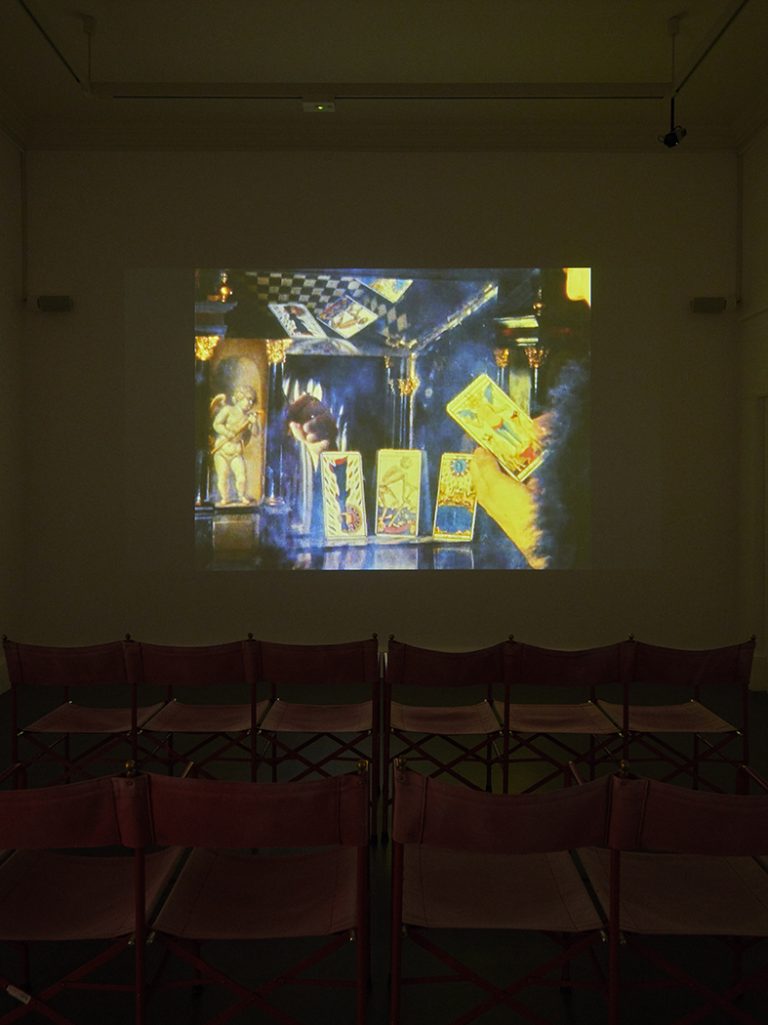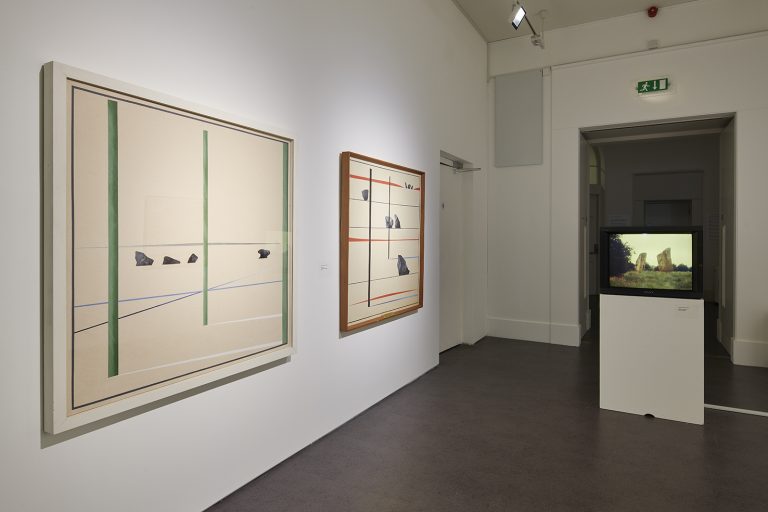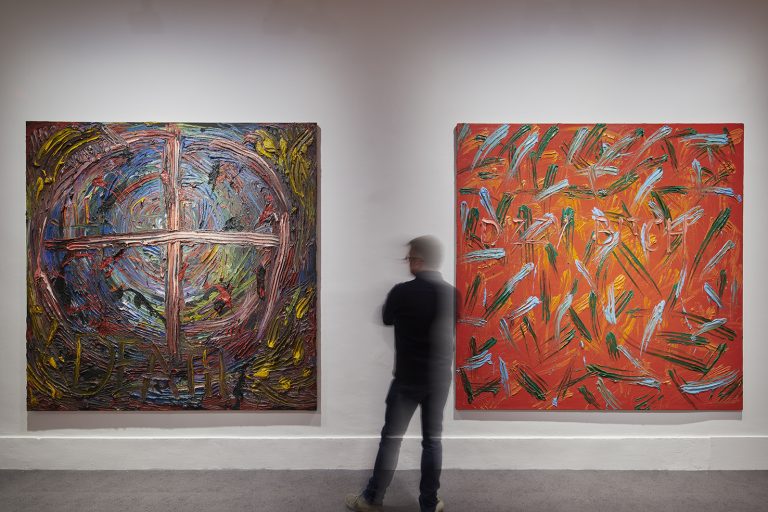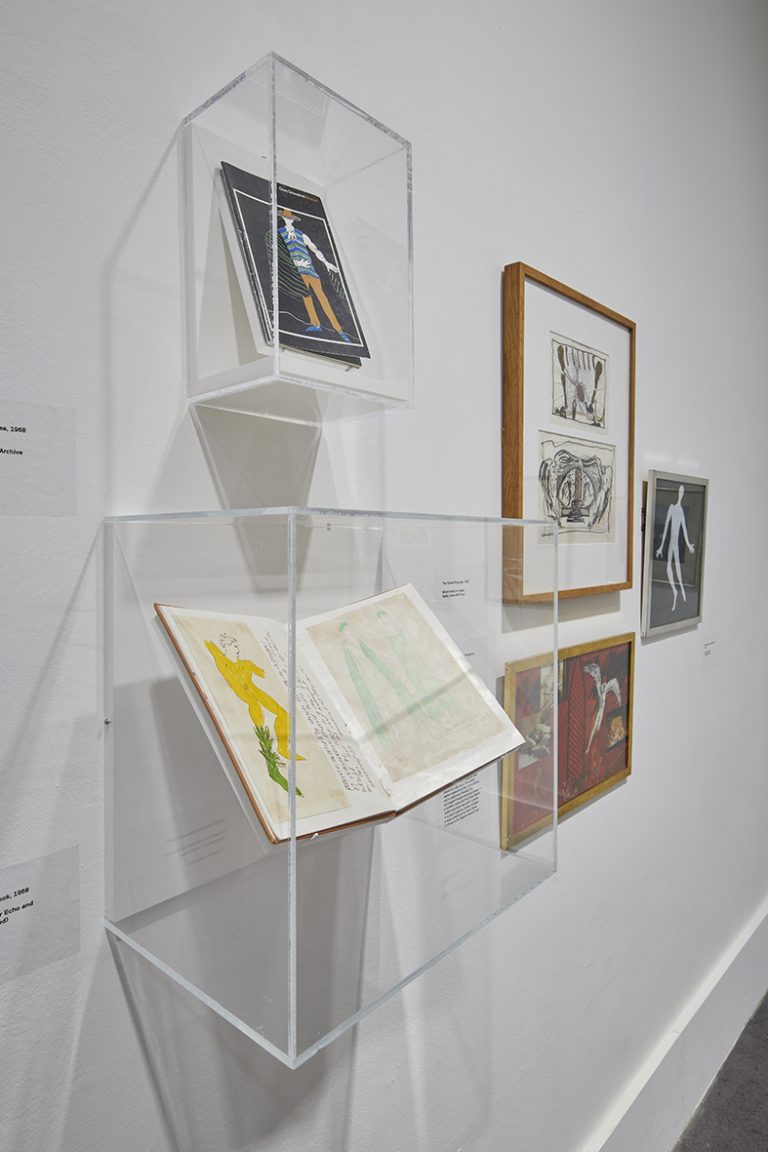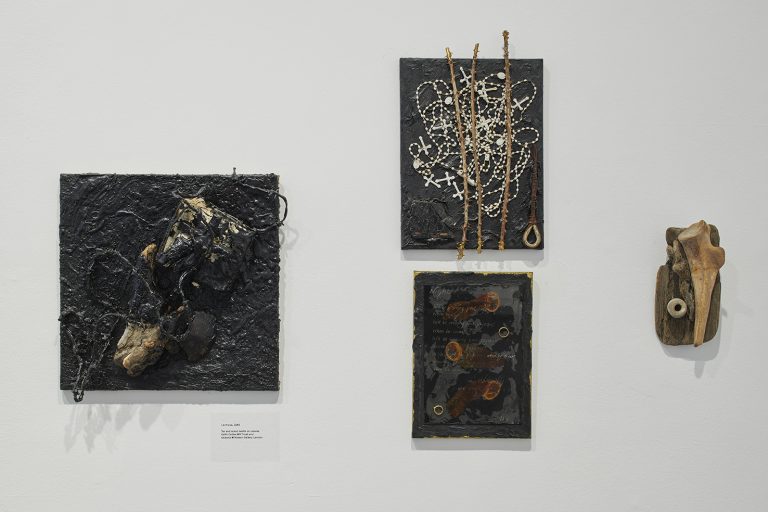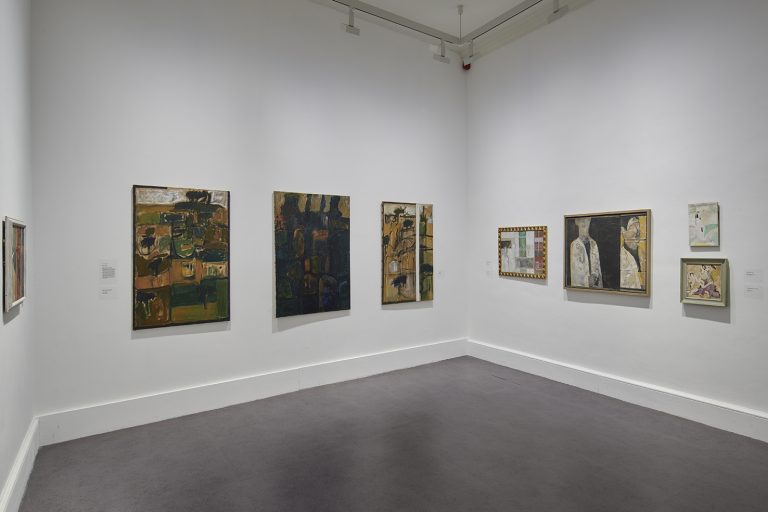IMMA is delighted to present PROTEST! a major retrospective of the work of one of the most influential figures in 20th century British culture, Derek Jarman. While addressing Jarman’s important contribution to film, this exhibition will focus on his wider practice as a painter, writer, set-designer, gardener and political activist. This is the first time that these diverse strands of his practice will be brought together in over 20 years.
PROTEST! captures Jarman’s engagement with both art and society, as well as his contemporary concerns with political protest and personal freedoms arising from the AIDS crisis. Major bodies of work, from the 1960s to the 1990s, have been brought together; many of which have never been seen in public before.
Derek Jarman studied at the Slade School of Art, London in the early 60s, and was part of a group of young painters, including Patrick Procter and David Hockney, who embodied a changing mood in British art. More than 80 early works have been identified from the period 1958 to 1970, and some 30 of these are previously unknown and have been catalogued, conserved and documented for this exhibition.
Sometimes called ‘The Andy Warhol of London’, as early as 1967 Jarman was hired to produce design sets such as Jazz Calendar by Frederick Ashton at the Royal Ballet; and in 1971 the set for Ken Russell’s The Devils. The exhibition includes many original designs by Jarman; photographs of the realised sets and a group of seven costumes designed by Oscar-winning costume designer Sandy Powell. While collaboration was at the heart of Jarman’s practice it also highlights his status as an incubator of young talent. Figures such as Tilda Swinton, Toyah Wilcox, Joanna Hogg, Sean Bean and John Maybury had their first opportunities under Jarman’s direction.
In 1976 he produced his first full length feature film Sebastiane, a queer telling of the story of the martyrdom of St Sebastian. Against the backdrop of Thatcherism and a socially conservative Britain, Jarman’s work made queer lives and history visible; a provocation to the dominant hierarchies.
Caravaggio’s life and art were a source of inspiration. Over a period of more than ten years Jarman made paintings using techniques borrowed from the Renaissance master. Making a feature film on Caravaggio’s life became an obsession. This research led to the creation of volumes of sketchbooks, storyboards, and paintings. Following the release of the film Caravaggio in 1986, he was nominated for the Turner Prize that year.
Jarman made music videos at a time when the medium was in its infancy. His collaborators included figures like The Smiths, Marianne Faithful, Bob Geldof, Marc Almond, Pet Shop Boys and Suede.
At the end of 1986 Jarman was diagnosed as HIV-positive. AIDS was then a fatal, non-treatable disease which the tabloid press described as a plague. This diagnosis transformed Jarman’s practice and led to a new kind of activism as he worked to raise awareness of AIDS. This is expressed in his paintings such as Queer (1992), from his expansive series of ‘Slogan Paintings’. These monumental works, from the early 1990s, incorporating phrases related to government policy, tabloid hysteria and public fear of the AIDS crisis remain powerful comments on the socio-political climate of the time.
Jarman’s diagnosis coincided with a move to Prospect Cottage in Dungeness, Kent, which is over shadowed by the Dungeness nuclear power station. Here he created a unique and highly-regarded garden, the site of his film The Garden (1990) and book Derek Jarman’s Garden (1995).
Moving image works from across Jarman’s career will be shown throughout the exhibition. Jarman’s achievement in film will be presented in association with the Irish Film Institute (IFI) who will screen a selection of his feature films in their original format in December.
PROTEST!, published by Thames and Hudson 2020
IMMA and Thames and Hudson will publish a major new monograph on Derek Jarman to accompany the retrospective, covering Jarman’s artistic development as well as reflecting on his life and legacy. The book will feature contributions from Seán Kissane, Curator, IMMA; Sir Norman Rosenthal; Jonny Bruce, gardener and journalist; Professor Robert Mills, University of London; Jon Savage, music critic and writer; Michael Charlesworth, an authority on landscape and the history of gardens and author of the book ‘Derek Jarman, Critical Lives’, and writers Olivia Laing and Philip Hoare.
Derek Jarman, PROTEST! is organized by IMMA in partnership with Manchester Art Gallery (2 Apr – 31 Aug 2020), and is accompanied by additional projects at VOID, Derry and John Hansard Gallery, Southampton.
Visitors are advised that this exhibition contains adult themes that may not be suitable for all audiences. Please ask a member of the Visitor Engagement Team for more information.
Additional Resources
Additional Resources
Take IMMA home
Supporters


